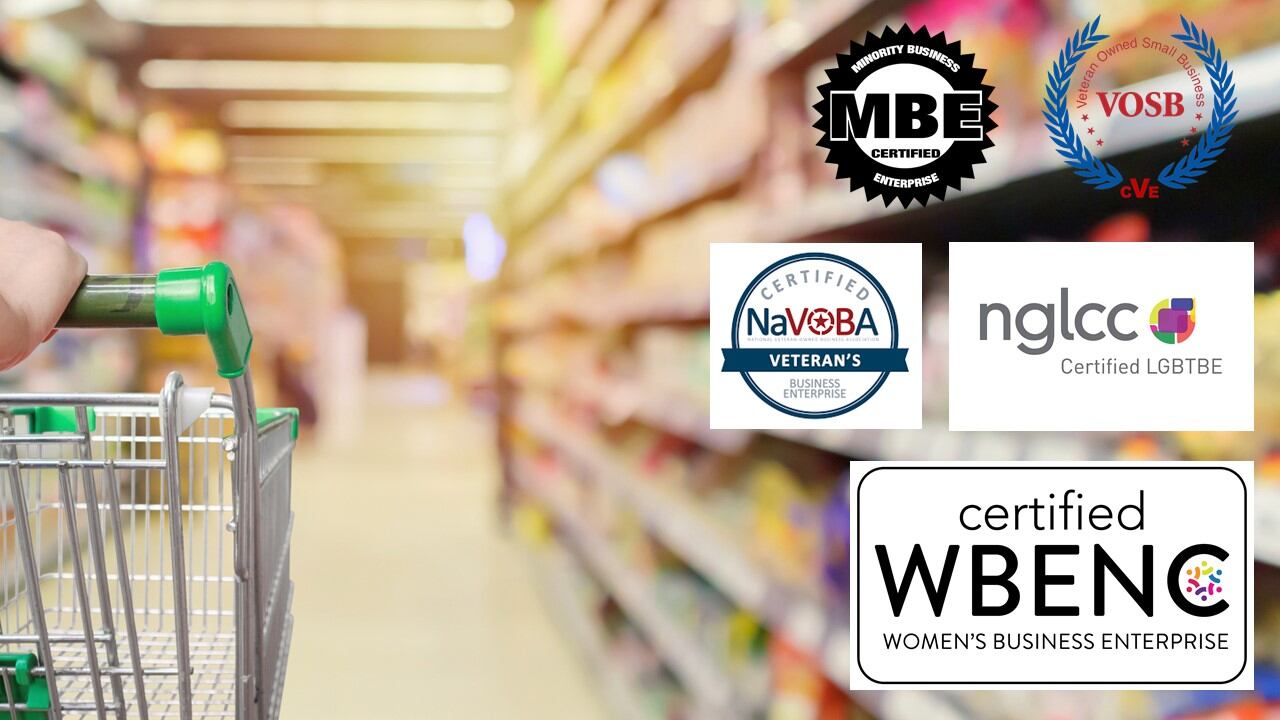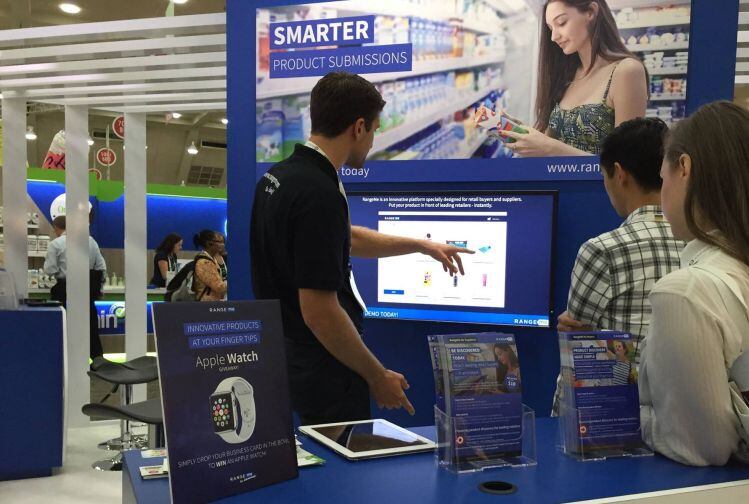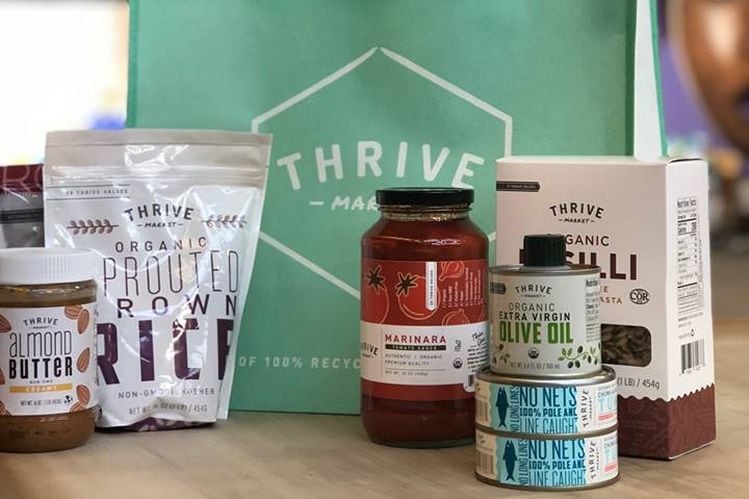RangeMe - which has attracted 10,000+ retail buyers and approaching 200,000 suppliers since it launched in the US in late 2015 - offers buyers a more efficient way to manage inbound approaches and compare what vendors have to offer.
Information is presented in a consistent format that allows buyers to rapidly find and compare new vendors and products, said Leong, with many retailers now directing all prospective suppliers to the platform.
However, retailers are also using RangeMe for specific projects that align with strategic goals such as Walmart’s Open Call initiative designed to find products made, grown, or assembled in the United States, or Kroger’s supplier inclusion program - an intentional approach to foster the growth and development of certified minority- and women-owned business enterprises, he said.
‘Buyers are starting to care more about buckets of trends’
Beyond the more familiar schemes such as Fair Trade, Rainforest Alliance, Marine Stewardship Council, Non GMO Project, and so on, there are now multiple certification schemes for businesses 51%+ owned and operated by minorities, women, veterans, people with disabilities, or members of the LGBT community, said Leong, who highlighted several certification bodies in this space including the National Minority Supplier Development Council (NMSDC), the Women’s Business Enterprise National Council (WBENC), the U.S. Pan Asian Chamber of Commerce (USPACC), the National Gay and Lesbian Chamber of Commerce, National Veteran Business Development Council (NVBDC), the U.S. Department of Veteran Affairs (USDVA), and Disability:IN.
“One of the major initiatives that we had over the past six months was partnering with many of the major product certification providers and then educating suppliers to make sure that those who meet the relevant criteria know that there is a certification they can get, because retailers on RangeMe want something objective to be able to filter against.
“These are great opportunities for suppliers to gain incremental visibility, as a lot of buyers are specifically looking for black owned businesses or women owned businesses; we saw a major influx in that in 2020, buyers searching for the MBE (Minority Business Enterprise) certification, or WBE (Women’s Business Enterprise) certification, for example.”
Hot search terms: Plant-based, vegan, keto...
Of course, a string of certifications – which can be costly and time-consuming to secure – will not make up for a lousy product, and smaller companies need to think carefully about which ones really matter to buyers in a given category (something RangeMe can provide insights on), but they are serving as an initial filtering mechanism for many buyers on the platform, who will then go on to compare suppliers based on other metrics, said Leong.
“What we've noticed is that buyers are starting to care more about buckets of trends. So, if they're going down a certain path, it’s easy for them to filter certifications for, say, fair trade or Non-GMO.”
As for trending search terms on the site, hot topics in food and beverage searches right now include vegan, plant-based, and USDA organic, he said.
“Keto and CBD are still hot search terms, but we’re not seeing the huge growth in searches that we saw in 2018 and 2019.”
March 2020… when everything changed
Trade shows, conferences, in-person meetings and other face-to-face interactions with human beings are unlikely to disappear (a video call is not the same as a meeting in the bar after Expo West), even if the last 13 months have proved that you can get a surprising amount done with a webcam and an internet connection, predicted Leong.
However, many buyers are getting more and more comfortable with online sourcing and discovery tools such as RangeMe, and virtual meeting platforms such as ECRM Connect (run by RangeMe’s parent company ECRM), which is enabling them to identify and connect with more suppliers, arrange samples, and get a lot more done… without leaving the house, he said.
“I don't think that things will ever go back to where they were prior to March 2020.”
And even if trade shows return with a vengeance, online tools enable retailers and suppliers to do all the important legwork in advance when it comes to identifying potential opportunities, such that the days of buyers wandering the aisles of Anaheim Convention Center on a speculative treasure hunt are probably over, he predicted.
“By the time you get there, you’ve made the connections, you’ve done the work, so when you meet at the show, you’re doing business.”
And as for business travel, which is costly and time-consuming, he said, it can also be overrated. “Not every supplier based in New York actually loves flying to L.A. for a trade event, when you can do pretty much everything you want now without leaving your home.”
- What will trade shows be like post-COVID? Check out our interview with ECRM CEO Greg Farrar later this week

Retailers are not charged for using RangeMe, and any supplier can also sign up and populate the platform for free. However, suppliers paying for the premium offer get increased exposure on the site, access to industry data, sharing tools and analytics, plus access to RangeMe’s customer support teams to help ensure their profiles on the platform are optimized.
While all suppliers on the platform are required to enter basic product information, product images, descriptions and key metrics such as gross margin, MSRP, full year sales, current retail customers, and certifications, RangeMe verified suppliers [a feature only available to premium customers] have high-quality product images, insurance, barcodes, packaging dimensions, nutritional labels, ingredients lists and more, all verified by the RangeMe team.
And it pays off, says RangeMe, as brands from suppliers with the 'verified' logo achieve significantly more views on the platform.




